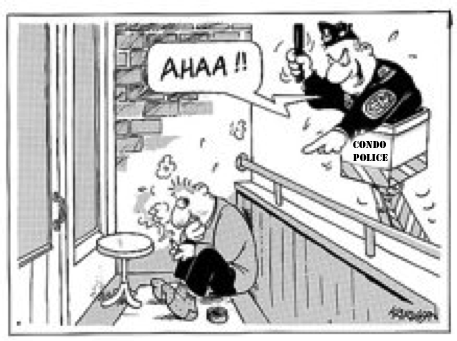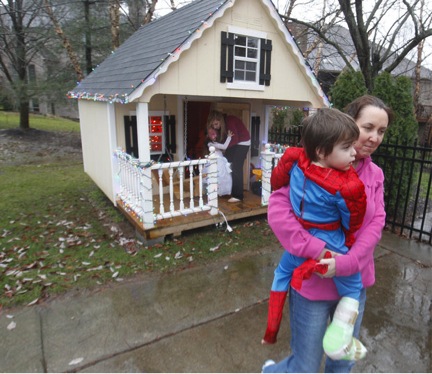By David C. Swedelson, Esq. and Ryan D. Barrett, Esq., Community Association Attorneys

We recently published an article on secondhand smoke regarding its impact at condominium associations and how it can constitute a nuisance. Since almost every community association’s CC&Rs prohibit noxious activity, this is a fairly common and accessible means of addressing the issue. However, enforcing a nuisance claim has its challenges and drawbacks, namely, the subjective nature of defining a nuisance makes enforcement difficult, and the fact that each instance of a nuisance must be addressed individually does not make prosecution of these claims all that easy. But this is not to say that these claims are not enforceable or that California community associations should not take action, when appropriate, to eliminate nuisances.
A budding trend among community associations, or at least a topic of significant consideration, is to amend the CC&Rs to include the adoption of a community-wide smoking ban, restricting all homeowners from smoking anywhere within the Association, including their own units. While the adoption of such a ban has been historically difficult, in many areas, particularly in major cities of California, the climate is ripe for change.
Continue reading
 HOA Law Blog
HOA Law Blog



